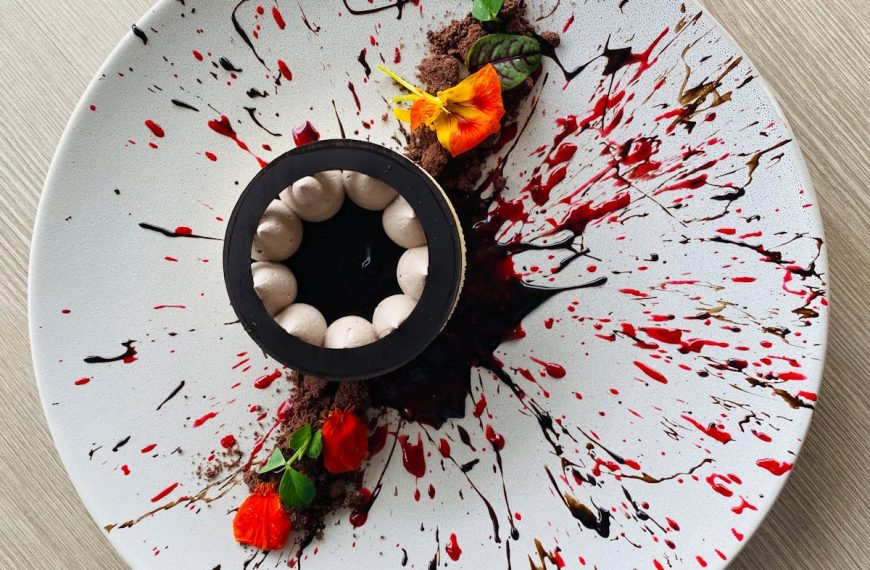Introduction to Spellcasting Across Cultures
The practice of spellcasting, often perceived as shrouded in secrecy and mystery, is a common thread throughout human history’s tapestry. Every civilization has harbored its form of magic, whether through shamans entering trance states to intercede with spirits or wise women gathering herbs under the full moon to concoct healing potions. At the crux of these diverse cultural rituals lies a core belief in the tangible impact of esoteric knowledge. A unique expression of this belief is the notion of free spells, accessible practices that empower individuals to harness the unseen forces of their environment. These spells serve as a gateway to understanding the universal human quest to tap into a power greater than our mundane existence to forge a bond with the mysteries of the universe.
The Roots of Magical Practices
The enchanting allure of magic and spellcasting is deeply woven into the history of civilization. Across continents and eras, from the temples of Egypt to the stone circles of the British Isles, spellcasting emerged as a sacred practice. This convergence of spirituality and practicality provided a framework for understanding the forces of nature and influencing them in favor of the spellcaster’s community or personal needs. While some spells were crafted to invoke divine favor for bountiful harvests or protection against natural disasters, others were structured around personal desires such as love, health, or prosperity. Such universal themes in spellcasting underscore the shared human experience, highlighting our ancestors’ yearnings that mirror our modern quests.
Spellcasting in the Modern Era
Far from being a relic of the past, spellcasting has found its place even in modern societies. It has evolved from the cloistered rituals of ancient priests to a multifaceted element of contemporary spirituality embraced by those reconnecting with the ancient roots of their ancestors or seeking alternatives to mainstream religious practices. Modern-day spellcasting encompasses many traditions and philosophies, with practitioners embracing both eclectic and traditional approaches. Some gravitate towards reconstructing ancient rites with rigorous authenticity, while others blend practices from various sources to create a personal spirituality that speaks to their experience of the divine.
Common Misconceptions About Spellcasting
Though steeped in tradition and rich with heritage, Spellcasting often falls victim to common misconceptions that paint it as evil or trivial. Many imagine spellcasters as caricatures wielding immense power for good or evil, an image perpetuated by literature and cinema. In reality, spellcasting is rarely about grand gestures or dramatic manifestations; instead, it is a patient, deliberate process built on intention, knowledge, and connection. It involves a deep understanding of the natural world, symbolic components, and the belief in the interconnectedness of all things. By dispelling the myths and understanding the true nature of spellcasting, we can appreciate it as a complex and nuanced practice that has survived because of its deep-rooted significance in human culture.
The Psychology Behind Spellcasting
The fascination with spellcasting can be attributed to more than just cultural heritage; it also taps into fundamental aspects of human psychology. Research and commentary from psychological experts suggest that spellcasting satisfies various emotional and psychological needs. For some, it provides a sense of control in an unpredictable world; for others, it represents a tangible connection to the mystical and the divine. Casting a spell can be empowering, giving the spellcaster a means to contribute actively to their destiny. Indeed, the psychological implications of belief and ritual cannot be underestimated, as they can significantly shape an individual’s experience of reality and influence their interactions with the world around them.
Tools and Ingredients in Spell Work
The art of spellcasting often involves a tangible, material component—tools and ingredients that are focal points for the caster’s intention. Herbs like sage for purification, crystals such as quartz for amplification, and candles to represent the element of fire are common in various traditions. Each item is carefully chosen for its symbolic and energetic qualities and is believed to help align the spell with the desired outcome. Even seemingly mundane ingredients can take on a profound significance in the context of a spell, with everything from the color of a candle to the phase of the moon playing a role in the delicate balancing act of energies that comprises the craft of spellcasting.
The Influence of Technology on Spellcasting Practices
In this digital age, technology has significantly influenced the traditional practices of spellcasting. The internet has emerged as a modern grimoire, a vast repository of spellcasting lore accessible by clicking a button. Practitioners from across the globe can share their experiences, learn from each other, and adapt ancient practices to current realities. Technology has also facilitated the creation of virtual temples, discussion forums, and social media groups dedicated to the mystical arts. As such, spellcasting has adapted to fit the rhythm of our digitally connected world, with sacred rituals finding new expression through screens and speakers.
Ethical Considerations in Modern Spellcasting
The ethical implications of spellcasting are not to be taken lightly. No practice that seeks to influence outcomes or work with hidden energies can be entirely without moral considerations. Questions often arise about manipulating will, the consequences of intentions, and the responsibilities of wielding spiritual power. The American Ethical Union’s discussion on Ethical Debates in Spiritual Practices underlines the importance of mindfulness and integrity in all spiritual endeavors, including spellcasting. Practitioners must approach their craft with an ethical framework, respecting the free will of others and considering the ripple effect of their actions within the broader web of existence.
Connecting with Tradition: How to Learn About Spellcasting
Those looking to understand the mysteries of spellcasting have numerous paths to explore. The journey often begins with historical and cultural research, delving into the rich tapestry of lore that permeates spellcasting traditions. In addition, connecting with experienced practitioners can provide invaluable insights and guidance. Reputable books, courses, and workshops can also offer structured learning experiences for the aspiring spellcaster. Ultimately, the most effective way to learn is through practice, cultivating intuition, and building a personal connection with the magical practices that resonate most deeply.
Looking Forward: The Future of Spellcasting Traditions
Predicting the trajectory of spellcasting traditions is like forecasting the paths of the stars; though we can chart their past and speculate on their future, they will move in ways that may surprise us. What is certain is the resilience and adaptability of these practices. As the world becomes increasingly interconnected, spellcasting traditions will likely assimilate new influences and evolve in unforeseen directions. One thing remains clear: the human attraction to the mystical aspects of spellcasting, the longing for a more enchanted connection to life, will continue to drive the evolution of these time-honored practices well into the future.









